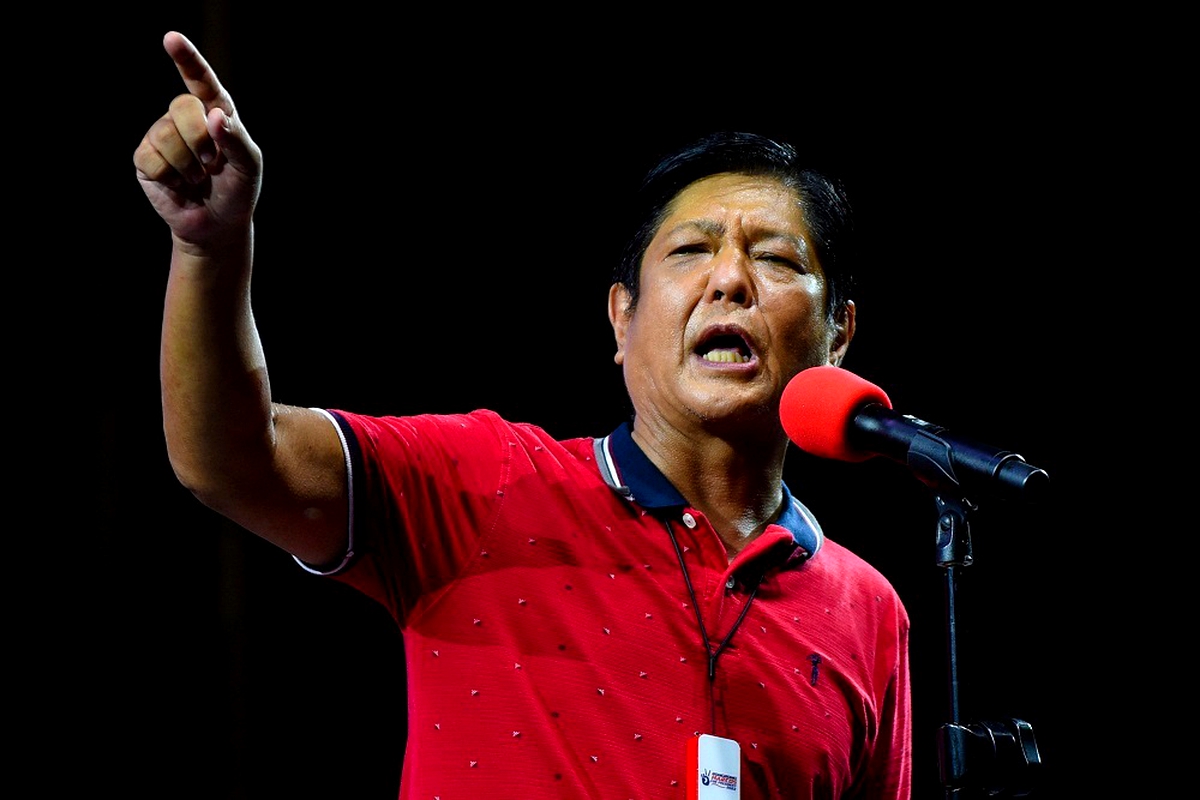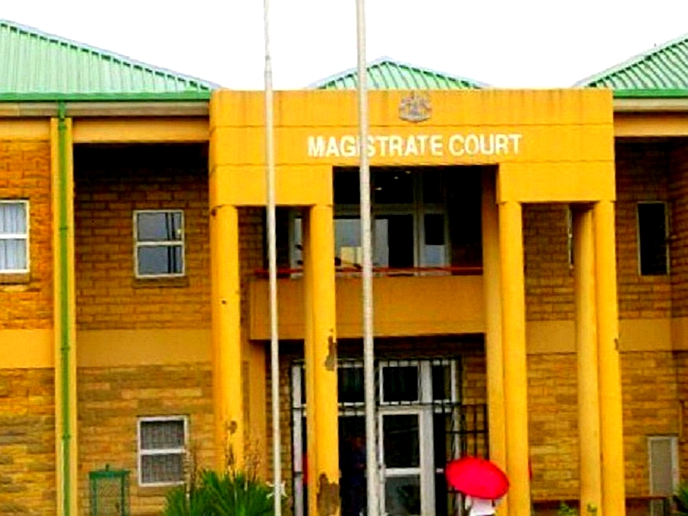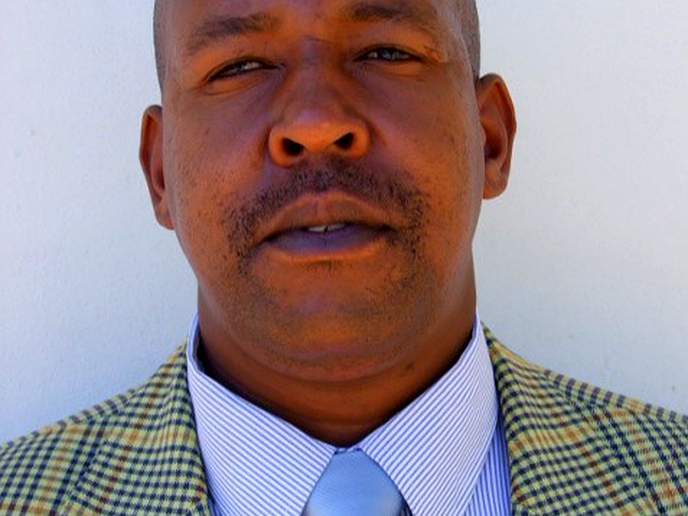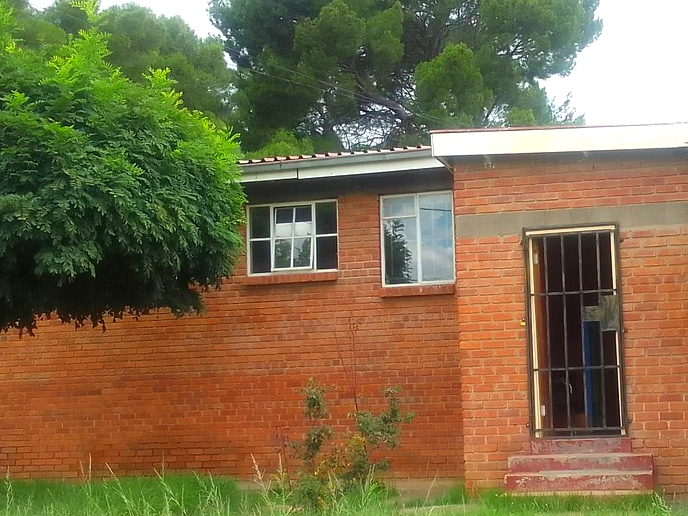FERDINAND Marcos Jr, known by his nickname "Bongbong", is poised to become the president of the Philippines almost four decades after his father was overthrown in a revolution.
news
May 11, 2022
OWN CORRESPONDENT
5 min read
Why the Marcos family is so infamous in Philippines

Ferdinand Marcos Junior of the Philipines
Story highlights
His near-certain victory brings the Marcos name back into power - but why is it so infamous?
Mr Marcos Jr is the only son of the country's former dictator, Ferdinand Marcos Sr, who was president from 1965 until 1986. To understand the family's remarkable political comeback - it's important to consider their earlier rise and fall.
It's a dramatic story of murder, protests, exile - and thousands of designer shoes.
Although he first became president in 1965, Mr Marcos Sr seized full control of the Philippines in 1972. This was a year before his second term as president was due to expire, but rather than leave office he declared martial law.
In practice, this meant parliament was suspended, opposition politicians were arrested and total censorship was imposed. Mr Marcos Sr, once a successful lawyer, took full control of the courts. The army and police tortured and killed his opponents - something that continued throughout his presidency.
The years that followed are remembered as one of the darkest periods in the nation's history, with widespread human rights abuses and corruption. Millions of people lived in extreme poverty as the country's debt mounted.
But it was a high-profile murder on an August afternoon in 1983 that triggered the eventual downfall of Mr Marcos Sr.
Opposition leader Benigno Aquino had been in exile in the United States after fleeing the Marcos regime. Determined to bring democracy to his country, he flew back to the capital Manila - but was shot dead after landing.
The assassination, which happened despite a large government-appointed security detail, electrified the Philippines.
Tens of thousands of people joined the outpouring of grief, which soon morphed into a pro-democracy movement. They rallied around Mr Aquino's widow, Cory, who stood against President Marcos when he called a snap election in 1986 to try to calm the anger.
Mr Marcos Sr claimed victory despite massive electoral fraud, sparking nationwide protests that saw millions of people take to the streets. The demonstrations, dubbed the People's Power Revolution, inspired protests around the world and became a defining image of the decade.
The uprising, which was largely peaceful and had the backing of the Catholic Church, eventually won the support of senior members of the army. Troops rebelled against Mr Marcos Sr and refused to fire on the crowds.
After four days of mass unrest, the family fled to Hawaii on board American helicopters.
Mr Marcos Jr, who was then aged 28 and early in his political career, joined the escape. The family, according to official US customs records, took crates of valuables with them, including jewellery, high-end clothes and millions in cash.
Mr Marcos Sr died in exile in Hawaii just three years later in 1989.
Mr Marcos Jr, who is popular among young Filipinos, has painted his family's time in power as a golden age.
Enjoy our daily newsletter from today
Access exclusive newsletters, along with previews of new media releases.
Mr Marcos Sr, his wife Imelda and their cronies plundered an estimated $10bn (£8.1bn) of public money while in power, when millions of Filipinos were living in extreme poverty. Only $4bn of this has ever been recovered.
Imelda Marcos, a former beauty queen famous for her lavish collection of designer goods, was known for travelling the world to buy designer shoes. Her collection of more than 3 000 pairs - found in the presidential palace after the family had fled - came to symbolise the family's extravagance.
After their return from exile in the 1990s, Mr Marcos Jr used his family's wealth and connections to resurrect their political ambitions, becoming a provincial governor, congressman and later senator.
His mother, now 92 and still living in the capital, was a congresswoman and his sister Imee is a senator and former governor.
The 64-year-old Mr Marcos Jr, who is widely popular among young Filipinos, has faced accusations of attempting to whitewash his father's regime by citing economic growth and minimising its human rights abuses. He has also argued that he was too young to bear responsibility for the crimes of the time.
His effort to rebuild the family's political influence appears complete with his likely election success.
The result, which comes 50 years after his father declared martial law, would seal a Marcos comeback from Hawaiian exile to presidential palace. BBC News
Tailored for you






